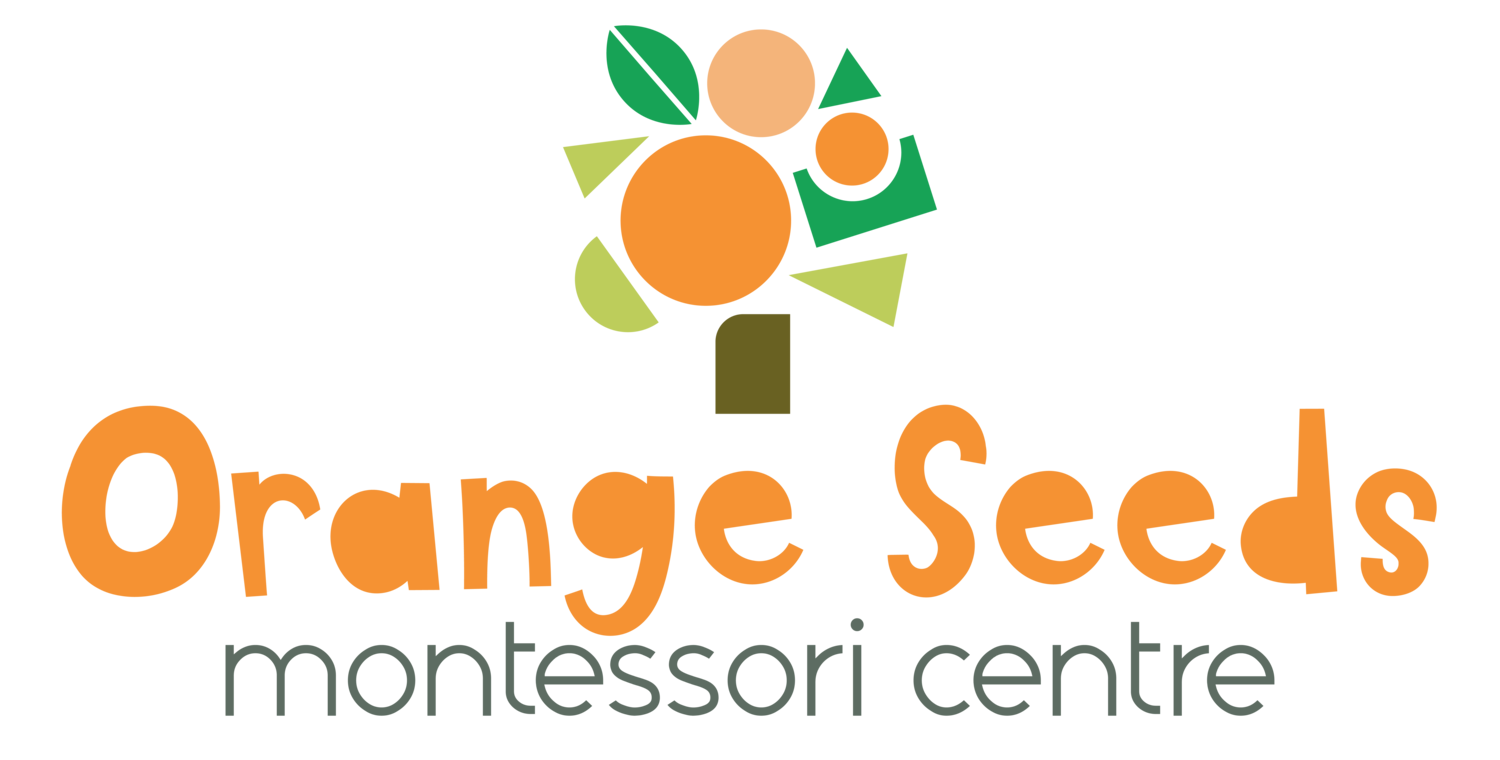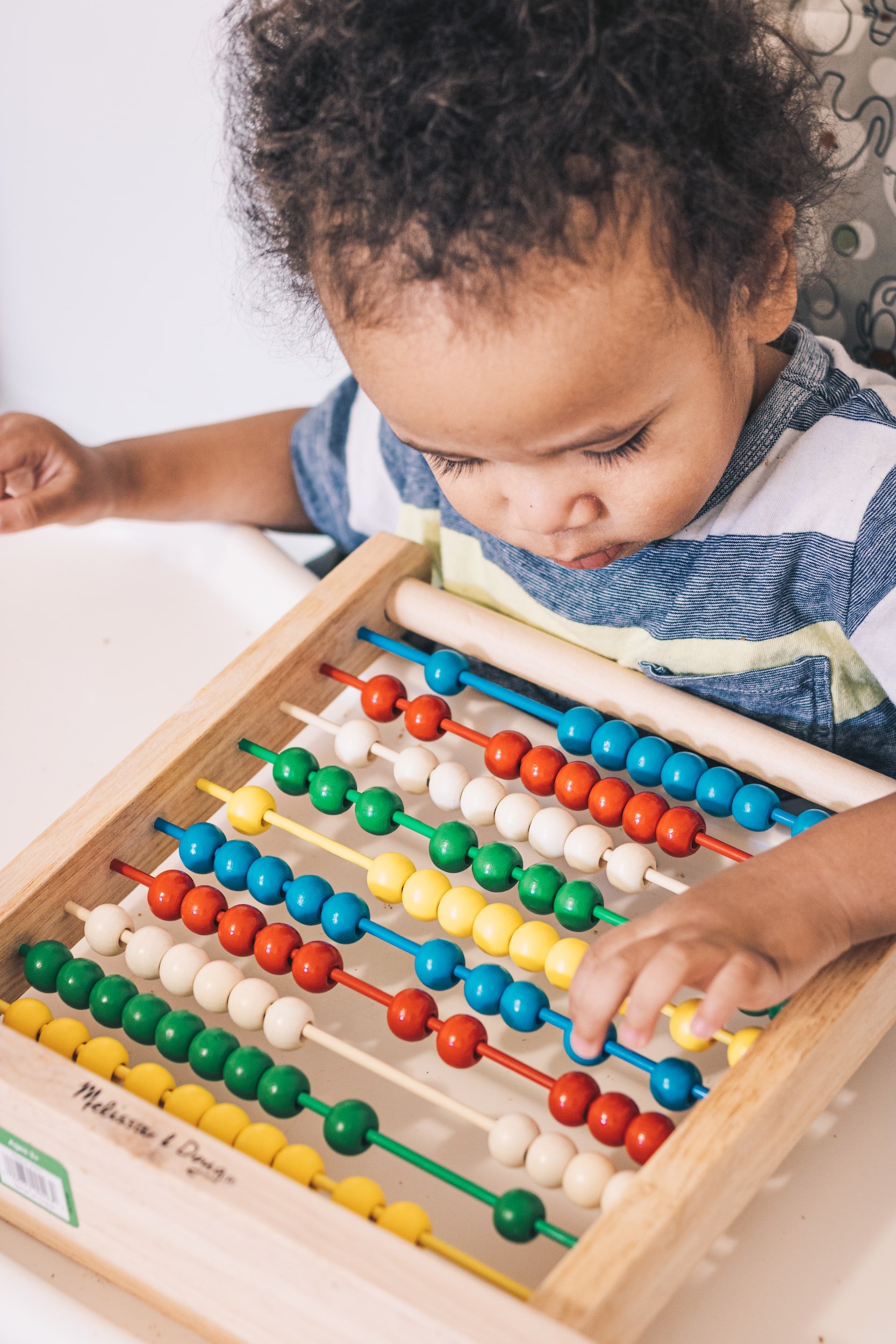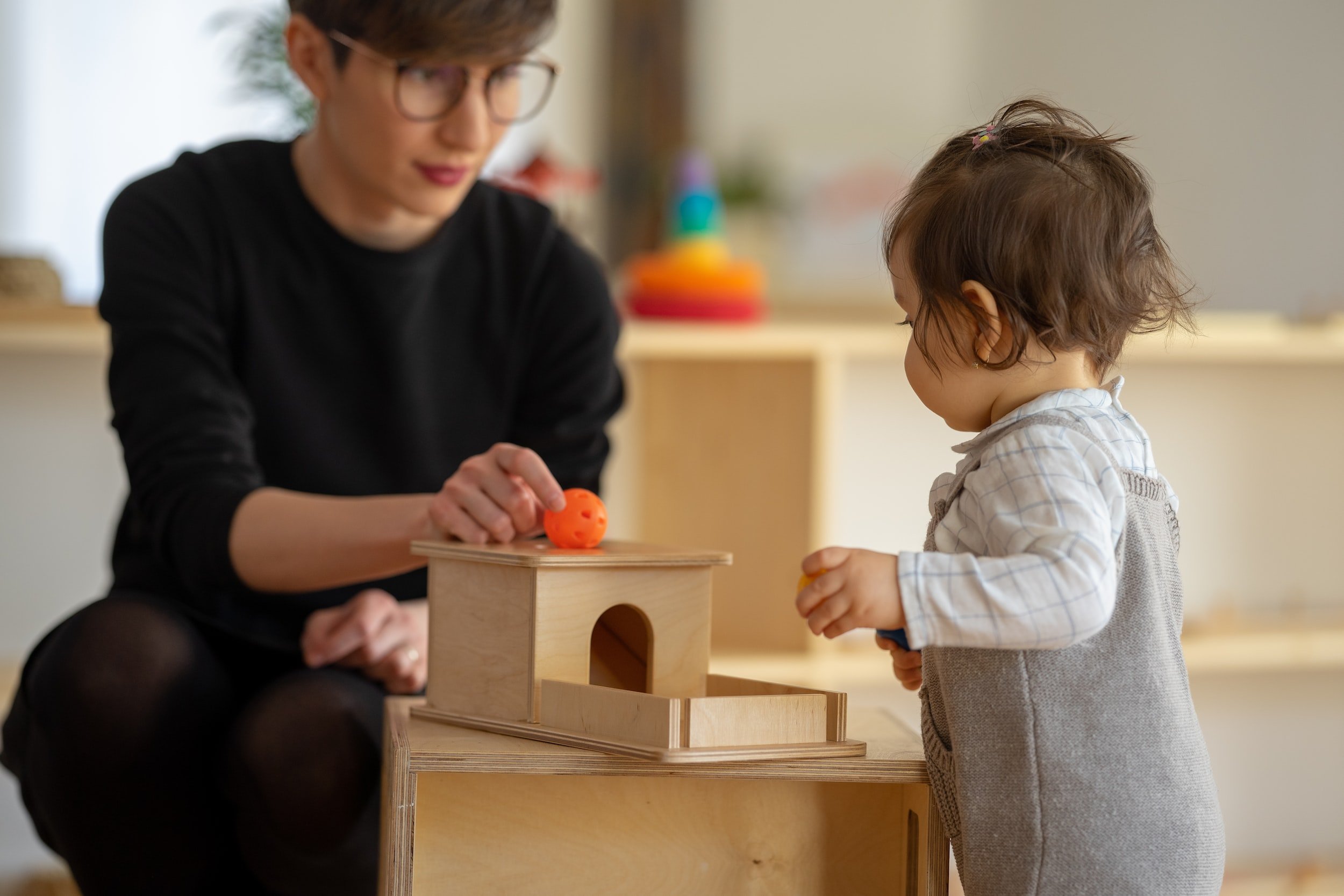Is Montessori good for speech delay?
The Montessori Method is an excellent way to develop important skills, including language. Dr. Maria Montessori developed the method based on a few fundamental principles. It centers around an understanding of a child's development and encourages students to learn through self-directed play.
Montessori schools promote language skills in young children by engaging them in activities that help them understand parts of speech and other language concepts. They are encouraged to narrate stories and dialogue with other children and adults. They also learn phonics, which helps them spell words correctly.
Montessori schools also allow teachers to work closely with students on their individual needs and goals. This includes giving extra attention to those having difficulty acquiring language skills due to a speech delay. In this way, the Montessori Method can be an effective tool for helping children with speech delays overcome their language barriers.
The Montessori educational approach is an excellent way to promote language development in young children, especially those challenged by a speech delay. By focusing on phonics and other parts of speech, providing opportunities for dialogue and interaction, and offering individualized attention to those who need it most, the Montessori Method can be an effective way to address speech delays. Ultimately, this method allows teachers to create a supportive environment that encourages language development in all areas.
Who was Maria Montessori, and what is the Montessori education method?
Dr. Maria Montessori was an Italian physician and educator who developed the Montessori Method in the early 1900s. A Montessori curriculum is a child-centred educational philosophy that promotes language skills, creativity, and independence. It is based on a few fundamental principles, including an understanding of a child's development and the use of self-directed play to learn.
Montessori programs are particularly effective in promoting language skills in young children. This is because it engages students in activities that help them understand parts of speech and other language concepts. They are encouraged to narrate stories and dialogue with other children and adults. They also learn phonics, which helps them spell words correctly.
The Montessori system also allows teachers to work closely with students on their individual needs and goals. This includes giving extra attention to those having difficulty acquiring language skills due to a speech delay. In this way, the Montessori Method can be an effective tool for helping children with speech delays overcome their language barriers.
Montessori education is an excellent way to promote language development in young children. By focusing on phonics and other parts of speech, providing opportunities for dialogue and interaction, and offering individualized attention to those who need it most, the Montessori Method can be an effective way to address speech delays. Ultimately, this method allows teachers to create a supportive environment that encourages language development in all areas.
Montessori daycare
Do children get more individual attention in Montessori schools?
Children in Montessori schools get more individualized attention than in a traditional school setting. This is because the Montessori system is based on the understanding that every child learns differently and progresses at his or her own pace. Therefore, teachers in Montessori classrooms are highly trained to observe each student and provide instruction and support accordingly.
This individualized attention allows children with speech delays to catch up with their peers and eventually excel in language arts. In addition, it helps all students to develop their unique interests and talents. The supportive environment of Montessori schools thus enables children to reach their fullest potential academically and socially.
How do Montessori schools promote speech development
Montessori schools are an excellent way to help your child acquire a lifetime love of learning and improve developmental skills. One of the skills that a Montessori education promotes is early language development.
Dr. Maria Montessori often talked about what she called “sensitive periods,” times in a child’s life when they can develop certain skills quickly and more easily. The sensitive period for language development is the longest, lasting from birth until the child is six or seven.
There are many methods used in the Montessori system that promote language learning. Keep reading to discover the top three ways the Montessori schools positively affect a child’s speech development.
Language learning in the Montessori system
1. Promoting exploration
One of the primary ways that Montessori school allows children to develop language skills is by exploring their environment. In Montessori, creating a safe and open home or classroom for kids to explore is vital for development.
Children who can see, touch, and pick up different items around them are more likely to learn the names of these items faster. In this setting, children are also more likely to bring items to their parent or teacher, who can name the item, and children can begin to associate the word with the object.
2. Involving children in their environment
A Montessori school encourages parents and teachers to involve children in everyday activities like cooking, cleaning, and grocery shopping. Children can learn more words when exposed to many different situations.
Bringing your child to the store with you or assisting you with dinner will expose them to new items they might not have otherwise seen. Involving children in daily activities also allows you to explain the process of what you are doing. Being spoken to often has been proven to help children learn to speak.
3. Developing fine motor skills
A Montessori school utilizes activities and toys that develop both gross and fine motor skills. The development of fine motor skills has been linked to speech development in children. It is important to regularly offer activities that challenge them and allow them to develop their fine motor skills.
Having children help you to clean or cook are some of the best ways to develop these skills. Toys are also a great way to develop them. Use toys such as stacking rings, busy boards, shape sorters, or bead mazes to help your child improve their fine motor skills.
The role of fine motor skills in speech development
Research has suggested that fine motor skills and language functions are controlled by the same brain areas. Recent studies also suggest that syntax, or being able to correctly arrange words in a sentence, is linked to one’s ability to use motor skills.
When a child has difficulty with fine motor skills, it can affect their ability to use language correctly. It’s important to help your child develop their fine motor skills to improve their speech.
This means that children can be helped to learn language through activities that focus on the development of fine motor skills. Providing games and toys that work on these skills gives your child a strong foundation for learning a language.
What kind of Montessori materials help with fine motor skills?
Montessori school materials are designed to help children develop their fine motor skills.
One of the ways that Montessori materials help with fine motor skills is by providing opportunities for children to practice using their hands. Many of the activities and toys in Montessori classrooms or homes are designed for children to use their hands to manipulate different objects.
This helps children to improve their dexterity and hand-eye coordination. As they practice, they will become more skilled at using their hands. This can carry over into other areas of life, such as writing and typing, and also the development of language skills.
Another way that Montessori materials help with fine motor skills is by providing opportunities for children to learn through play. Children learn best when they are having fun! Many games and activities in Montessori classrooms allow children to explore and learn new things.
Toys that require fine motor skills, such as stacking rings, busy boards, shape sorters, or bead mazes, are also popular in Montessori classrooms because they help children improve their dexterity while having fun!
Stacking materials develop fine motor skills
Montessori materials that require fine motor skills
Montessori materials that require fine motor skills are an important tool for helping children develop language. They provide opportunities for practice, exploration, and play that can help children master their fine motor skills and better understand the concept of speech and language.
Here are some fine motor materials common in many Montessori schools:
Stacking Rings
Busy Boards
Shape Sorters
Bead Mazes
Pegboards
Lacing Cards
Pattern Blocks
Threading Beads
Jigsaw Puzzles
Colouring Books and Crayons/Markers
Cutting Practice Materials (e.g. Fruits, Vegetables, Play Dough)
Scissors Practice Board
Pencil Grips
Montessori materials that require fine motor skills are a great way to help children with speech delays. The activities included in these materials can improve a child’s dexterity and hand-eye coordination, which can help them learn language more easily.
Montessori classroom in Oakville’s Orange Seeds Montessori Centre
A vital part of speech development
Montessori education provides various opportunities for children to learn and develop language skills. Being able to interact with and explore their environment is vital to learning new words. Montessori also supports the development of a child’s fine motor skills, which help children with language learning in numerous ways.
Montessori education is one of the most effective approaches to helping a child with a speech delay. Its focus on exploration, involvement in the environment, and development of fine motor skills set children up with an ideal foundation for learning a language.
The Montessori education method recognizes this link between motor skills and language, which is why it emphasizes activities that involve both. The Montessori Method promotes exploration, involvement in the environment, and development of fine motor skills, and it also creates a supportive environment that encourages language development in all areas.
With the right support and guidance, your child can develop the language skills they need to succeed.
Are you interested in learning more about how a Montessori education can help with speech delay? Contact Oakville’s premiere Montessori preschool, Orange Seeds Montessori Centre.








